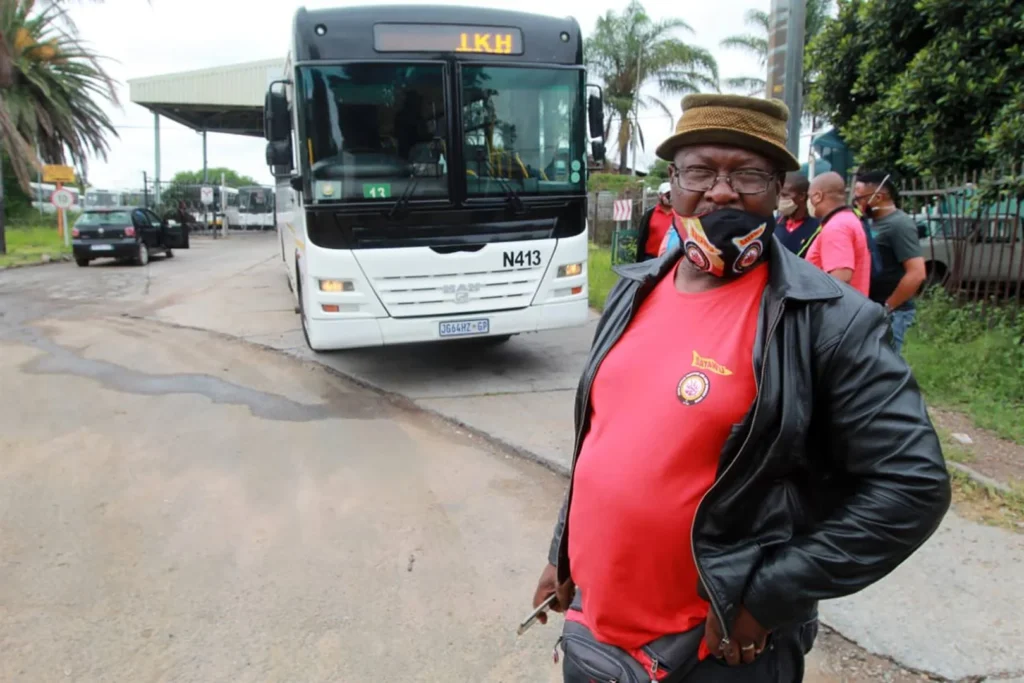In a decisive ruling, the Pretoria High Court has removed Thomas Samons as the business rescue practitioner (BRP) of the North West Transport Investment Group (NWTIG) following a protracted legal battle. The court’s decision comes after a series of complaints regarding Samons’ management of the company, which revealed a troubling pattern of alleged negligence, financial mismanagement, and failure to fulfill his legal responsibilities.
Samons had been appointed as the BRP of NWTIG with the responsibility of overseeing the company’s financial restructuring and guiding it through a recovery process. However, his tenure was marred by claims that he had failed to ensure the payment of workers’ wages and had mismanaged the group’s financial affairs, leading to a breakdown in the company’s operations. The unpaid salaries of employees were among the key issues raised in the case, highlighting the direct impact of his alleged failures on the livelihoods of NWTIG workers.

The court’s decision was based on findings that Samons had neglected his duties as a business rescue practitioner. According to reports, workers had not been paid for several months, and the company’s financial condition continued to deteriorate under his oversight. The judgment also exposed concerns about Samons’ overall approach to the rescue process, which was deemed both ineffective and damaging to the company’s prospects.
The legal challenge against Samons highlights broader issues within South Africa’s business rescue framework. While business rescue practitioners are entrusted with substantial responsibilities, including safeguarding the interests of employees and creditors, the case against Samons underscores the risks posed by inadequate oversight and accountability. The court emphasized that a BRP’s primary duty is to ensure the fair treatment of all stakeholders, particularly employees, during a company’s restructuring process.
The ruling is a significant one in the field of corporate governance, sending a clear message that business rescue practitioners must uphold the highest standards of responsibility and transparency. It also raises questions about the need for more stringent regulation and oversight of business rescue proceedings, particularly when workers’ rights and financial security are at stake.
As the legal proceedings continue, the future of NWTIG remains uncertain, but the court’s action is seen as a critical step in restoring confidence in the business rescue process and ensuring that practitioners are held accountable for their actions.
